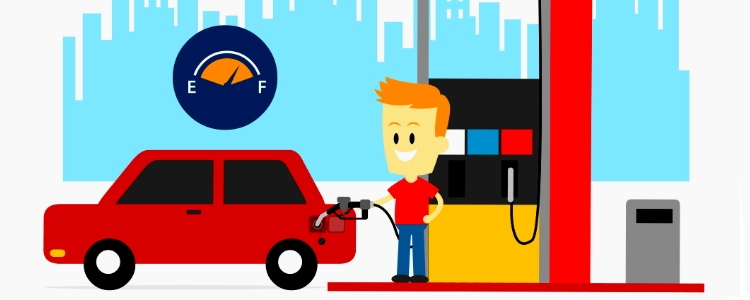A recent survey from FactorTrust found that U.S. adults don't understand what does and does not get included on their credit reports and factored into their credit scores.
U.S. Adults Misunderstand Credit
FactorTrust, a smaller credit bureau that focuses on alternative credit data, teamed up with Radius Global Market Research to survey 2,279 U.S. adults in June of this year. It found that most U.S. consumers are confused about what is and is not included in their credit history - which directly impacts their credit scores.
The results of the survey highlighted a few misconceptions consumers believe about their credit.
 Misconception: 71%of respondents said the three major credit bureaus (Equifax, Experian and TransUnion) have data on all of their credit history.
Misconception: 71%of respondents said the three major credit bureaus (Equifax, Experian and TransUnion) have data on all of their credit history.
The Truth: Not all of your loans and payments are getting reported to all of the big three credit bureaus, who compile your credit information into reports. Some lenders don’t report any information to these agencies. Others report to only one or two of the bureaus instead of all three. Furthermore, some lenders only report negative credit information, making your positive, on-time payments with these lenders virtually useless when it comes to improving your credit.
It's important to note that Experian, Equifax and TransUnion are all independent companies that don’t always share information with each other. This is why your credit reports and scores can vary slightly from one bureau to the next. The fact that not every creditor reports to all three only leads to further differences.
84% of respondents in FactorTrust's survey believe any payments they are making on a loan, regardless of its size, should be included in their credit. But you can't always get what you want. It's just a fact that some loans and payment activity will never make it into your credit file.
Misconception: 33% of respondents believe non-traditional payments (online loans, housing, rent, etc.) are always included in their credit scores.
The Truth: Your credit history contains information on how well you've handled credit cards and loans, such as a mortgage. However, very few (if any) non-traditional payments, such as those for rent or mobile phone plans, are factored into your credit.
Historically, these kinds of alternative data from unconventional sources don't get reported and, therefore, are not a part of your credit history. However, in recent years, more alternative credit data is being considered in certain credit scoring models. For example, there are many services that report your rent payments to give your credit score a boost.
It appears consumers are going to be happy about that, as 68% of survey respondents believe their credit history would improve if all of their payments, including those on non-traditional accounts, were included.
The Bottom Line
It's important to understand what is and is not included in your credit reports and scores. The truth is, the credit bureaus do not have information on every account you have. This is unfortunate because it means that consumers who successfully repay accounts from non-traditional sources sometimes don't receive the higher credit scores they deserve.
This is the major reason the Auto Credit Express team always tells consumers with bad credit, who need a car, to seek an auto loan. If you take out a car loan with a lender that reports your loan and payments to at least one of the three major credit bureaus, you can improve your credit standing while getting the transportation you need.
We can connect you with a dealership in your area that specializes in working with different types of challenging credit situations. Get started right now by filling out our free and easy car loan request form.
















